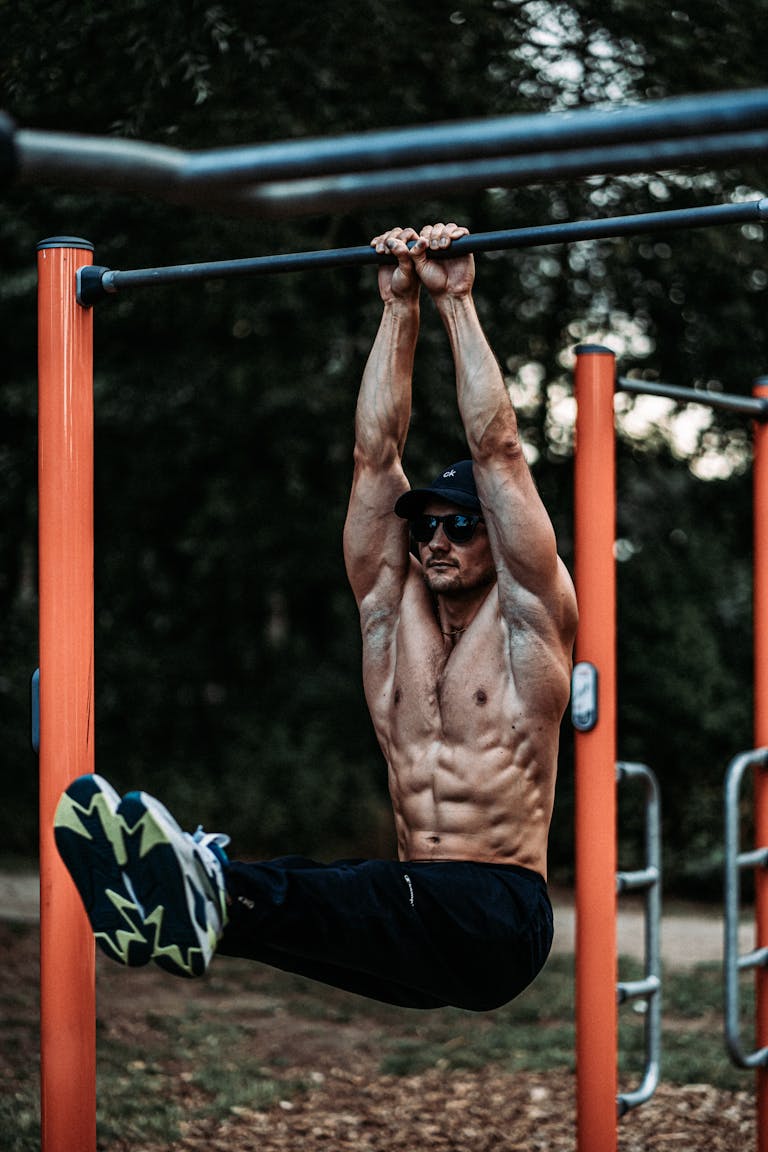FREE SHIPPING OVER $50
Can Jumping Actually Strengthen Your Bones? Here’s What Doctors Say
When it comes to building strong bones, most people think of calcium supplements or weightlifting. But what if something as simple as jumping could fortify your skeleton? Recent research and expert opinions suggest that incorporating jumping exercises into your routine can significantly enhance bone health. Let’s delve into how this works and what the experts have to say.
The Science Behind Jumping and Bone Strength

Bones are dynamic tissues that respond to the stresses placed upon them. High-impact activities like jumping generate mechanical loads that stimulate bone-forming cells, leading to increased bone mineral density (BMD). This process, known as mechanotransduction, is crucial for maintaining and improving bone strength.
Research Supporting Jumping for Bone Health
Several studies have demonstrated the benefits of jumping exercises on bone density:
- A study published in the American Journal of Health Promotion found that jumping 10 times twice daily improved hip BMD in premenopausal women.
- Another research indicated that brief, controlled jumping sessions could enhance bone strength and diameter, particularly in the hip region.
These findings underscore the potential of jumping exercises as a non-pharmacological intervention for bone health.
Recommended Jumping Protocols
To reap the bone-strengthening benefits of jumping, experts suggest:
- Frequency: 10-20 jumps per session, performed twice daily.
- Rest Intervals: 30 seconds between each jump to allow for recovery.
- Duration: Consistent practice over 16 weeks or more to observe significant improvements.
It’s essential to start gradually and consult with a healthcare provider, especially for individuals with existing health conditions.
Jumping Exercises to Incorporate
Here are some jumping exercises that can be integrated into your fitness routine:
- Jumping Jacks: A full-body exercise that increases cardiovascular endurance and bone strength.
- Jump Rope: Enhances coordination, balance, and bone density.
- Box Jumps: Targets lower body muscles and improves explosive power.
- Single-Leg Hops: Focuses on balance and unilateral strength.
Incorporating these exercises can provide a comprehensive approach to bone health.
Safety Considerations
While jumping exercises offer numerous benefits, safety is paramount:
- Proper Footwear: Wear supportive shoes to absorb impact.
- Surface Selection: Choose soft surfaces like mats or grass to reduce joint stress.
- Medical Consultation: Individuals with osteoporosis or joint issues should consult healthcare professionals before starting a jumping regimen.
Adhering to these precautions ensures a safe and effective workout.
Complementary Lifestyle Factors
Description: Beyond exercise, other lifestyle choices contribute to bone health:
- Nutrition: Adequate intake of calcium and vitamin D is crucial.
- Avoid Smoking and Excessive Alcohol: Both can negatively impact bone density.
- Regular Check-Ups: Monitoring bone density helps track progress and detect issues early.
Combining these factors with jumping exercises creates a holistic approach to bone wellness.
Conclusion
Jumping exercises, when performed correctly and consistently, can play a significant role in strengthening bones and preventing conditions like osteoporosis. By understanding the science, following recommended protocols, and considering safety measures, individuals can harness the power of jumping to enhance their skeletal health.
Related Articles
- Your Bones Get Weaker After 40—Here’s How to Stop (and Reverse) It, According to Experts
- These 5 Physical Therapist-Approved Exercises Fixed 95% of My Aches—Now I Do Them Every Day
- Build Serious Muscle & Strength With Just 4 Lifts—This 3-Day Program Is All You Need
- Think You Don’t Have Time to Strength Train? You’ll Want to See This
- Most Gym-Goers Do These Triceps Moves Wrong—Here’s the Smarter Way to Train







